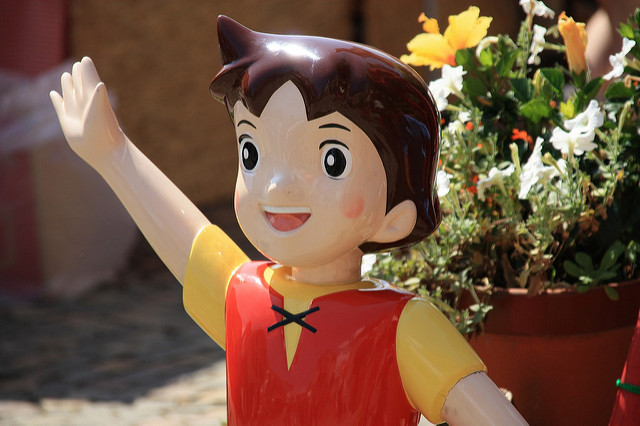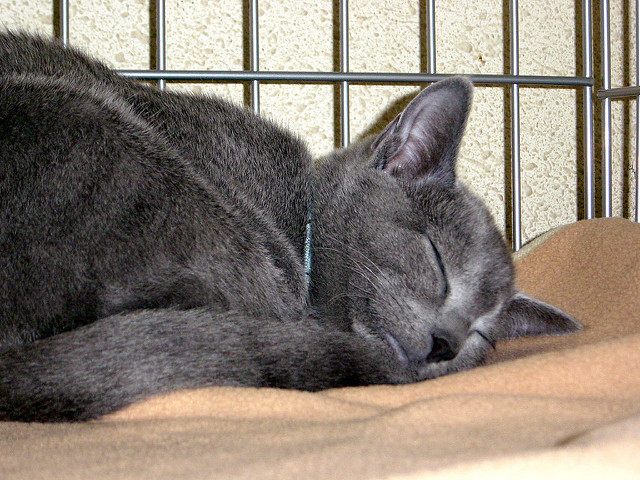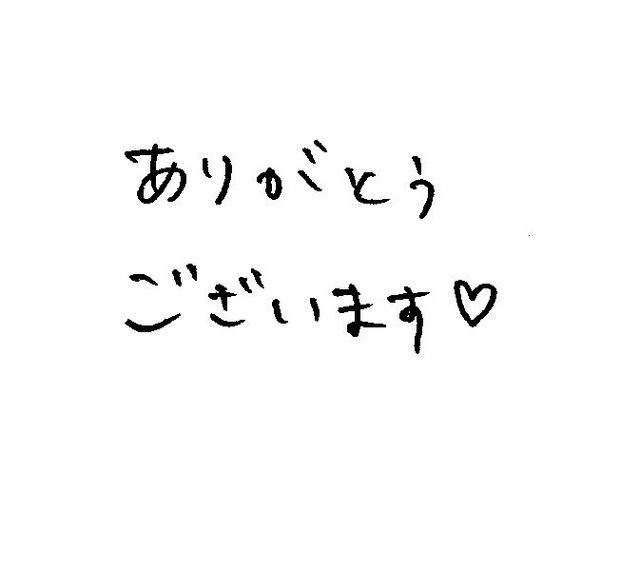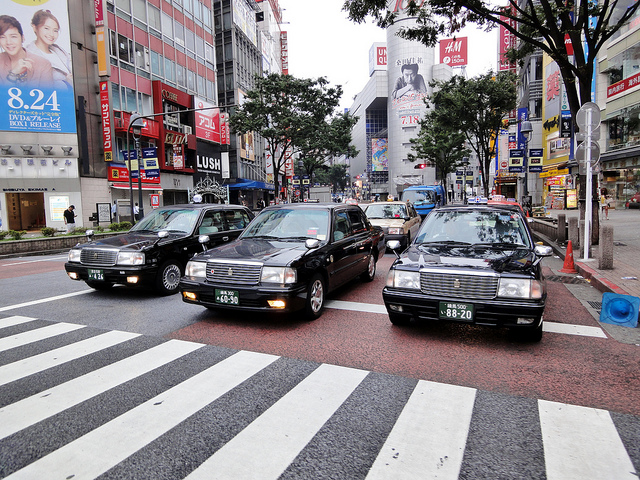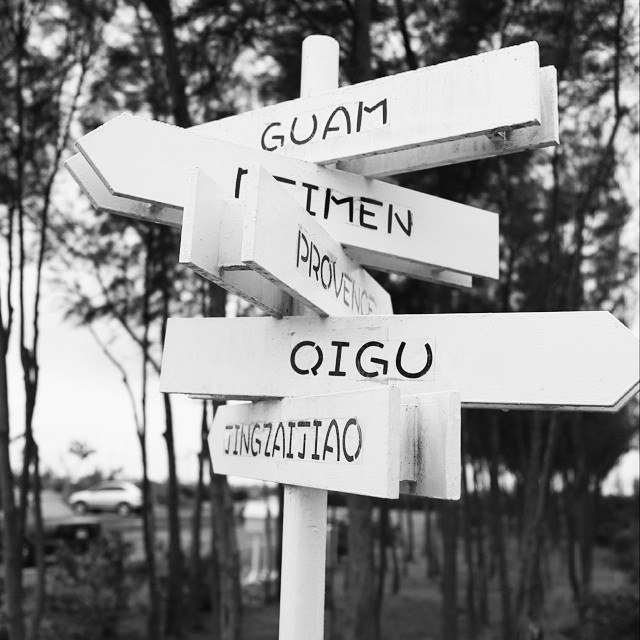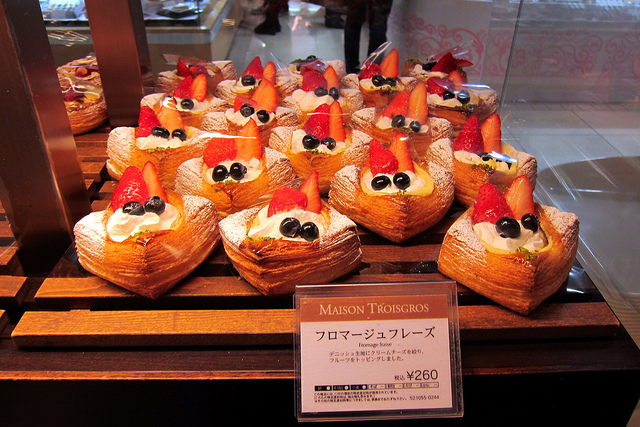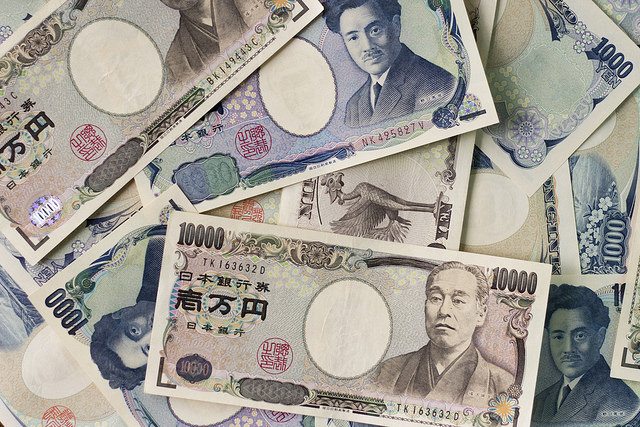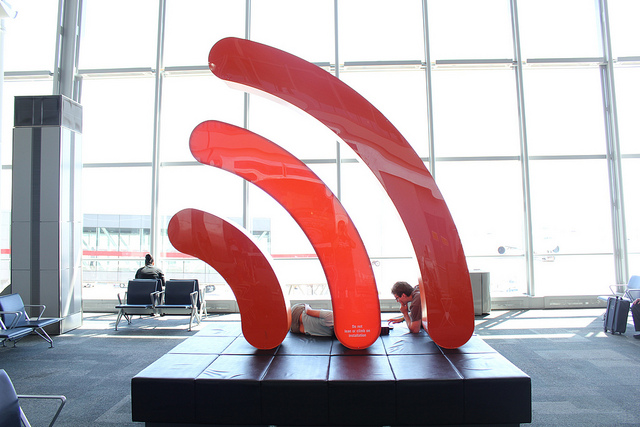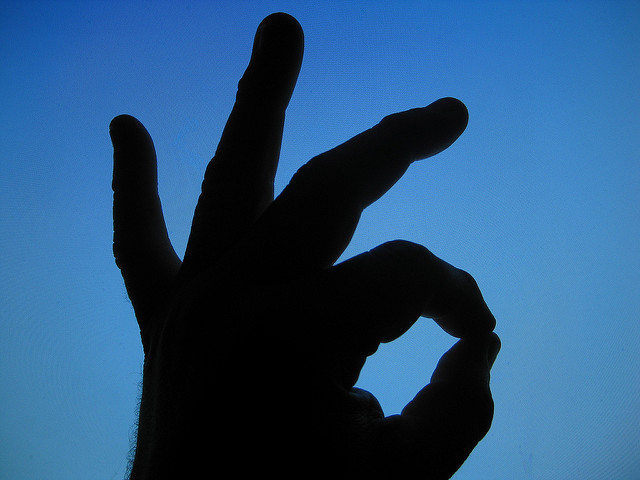
20 Basic Yet Useful Japanese Phrases for Tourists
We’ve prepared a list of 20 simple but useful Japanese phrases for any tourists who don't speak Japanese! While you're in Japan, all you have to do is open this article and read out these easy yet important phrases in Japanese. We hope you get a lot of use out of this useful phrase list when traveling around the country!
This post may contain affiliate links. If you buy through them, we may earn a commission at no additional cost to you.
You're on your way to Japan! The thing is, you don't know a word of Japanese. What should you do? You should read the following 20 Japanese phrases and survive! All of the phrases are in polite language, called teineigo (丁寧語) in Japanese. The title of each number comes in Japanese, then in English.
Starting with basic phrases.
1. Ohayou Gozaimasu (おはようございます) - Good Morning
小林秀年/FlickrThere are two ways of saying good morning in Japanese: the formal and informal way. The formal way is Ohayou Gozaimasu. If you're greeting strangers, it's safer to go with the formal way of saying it. The informal way is Ohayou.
2. Konnichiwa (こんにちは) - Hello
i764gt/FlickrKonninchiwa is the both formal and informal way to say hello. It can apply to morning, noon and afternoon. It's a pretty broad way of greeting, so mastering this would be useful.
Our Top Tips
JR Pass for Whole Japan
Explore Japan in the most convenient and economical way with a Japan Rail Pass! It is valid for the majority of railways and local buses operated by JR.
3. Konbanwa (こんばんは) - Good Evening
佶子 熊/FlickrSame as konninchiwa, konbanwa consists of both the formal and informal ways to say good evening. This phrase applies to when the sun goes down, and night time.
4. Oyasuminasai (おやすみなさい) - Good Night
Hiroki Nakamura/FlickrOyasuminasai is a formal way of saying good night. The informal way would be oyasumi. As I have repeated before, stick to the formal way if you don't know your way with Japanese.
5. Arigatou Gozaimasu (ありがとうございます) - Thank You
SigNote Cloud/FlickrArigatou Gozaimasu is a formal way of saying thank you. The informal way would be Arigatou. Most people would bow while saying this phrase, showing their gratitude.
6. Yoroshiku Onegaishimasu (よろしくお願いします) - (Depends on situation)

Yoroshiku Onegaishimasu can mean many things in different situations, but generally it's a way of saying please in a nice way. Yoroshiku Onegaishimasu is a formal way, while the informal way is Yoroshiku.
7. Watashi no Namae wa ~ desu. (わたしのなまえは~です。) - My name is ~.
Watashi means I, no and wa are conjunctions, Namae means name, and Desu is the standard ending a sentence. In Japanese, the last name comes first, then the first name, which is opposite from English.
Our Top Tips
Japan Shinkansen, Narita Express (N'EX) & Express Train Tickets
Plan ahead by booking your shinkansen, airport train, and express train tickets online in English. Have the tickets sent to you by mail or collect them at the station once you're in Japan.
8. Watashi no ~ desu. (わたしの~です。) - This is my ~.
TEDxKyoto/FlickrThis phrase is a way to introduce your family, friends, or traveling companion. For family names in Japanese, use these: Tsuma (つま - Wife), Otto (おっと - Husband), Kodomo (こども - child, children), Oya (おや - Parents), Shinseki (しんせき - Relative, Relatives). For other relationships, use these: Tomodachi (ともだち - Friend), Kareshi (かれし - Boyfriend), Kanojyo (かのじょ - Girlfriend). Next, on asking directions, or using a taxi!
9. ~ e Ikitai Desu. (~へいきたいです。) - I want to go to ~.
Dick Thomas Johnson/FlickrIkitai (行きたい) means wanting to go. This phrase is most likely used in a taxi, or when you're on a vehicle and you want to tell the driver where you want to go. In Japanese, Taxi is Takushi.
10. ~ wa Doko Desuka? (~はどこですか?) - Where is ~?

Doko means where. Desuka is the standard sentence ending to a question. Dokodesuka is a formal way of asking directions. Doko is an informal way of doing so. This phrase can be used for asking directions.
11. Ue, Shita, Migi, Hidari (うえ、した、みぎ、ひだり) - Up, Down, Right, Left
VashChou/FlickrThese 4 phrases are pronounced as following: Ue, Shita, Migi, Hidari. These are pretty basic phrases, so I don't know when you're going to use them, but there's no waste in memorizing them.
12. Massugu Desu. (まっすぐです。) - Go straight.

Massugu means straight. Massugu desu is a polite way of saying go straight. By replacing massugu with the up, down, right, left phrases I stated above, you can give directions in a polite way. Moving on to phrases you'll probably use in shopping situations.
13. ~ wo Kudasai. (~をください。) - May I have ~.
Wally Gobetz/FlickrWo is a conjunction. Kudasai is a polite way of asking please. By asking this phrase, you can look at the product up close. It can also mean you want to purchase the product.
14. Ikura Desuka? (いくらですか?) - How much is it?
Japanexperterna.se/FlickrIkura means how much. Ikura Desuka is a phrase that can be used even if you don't know what the name of the product in Japanese. If you know the product name in Japanese, the phrase would go like this: (Product name) wa Ikura Desuka? Now for some slightly more advanced everyday phrases.
15. Wi-fi Arimasuka? (Wi-fiありますか?) - Do you have Wi-fi?
Chris Oakley/FlickrWith Wi-fi, you can connect to the Internet even though you're in a foreign country. Ask the store clerk in the shop, restaurant or cafe this phrase. If they do, they'll tell you what the password is. Most train stations in Tokyo are equipped with free Wi-fi. Arimasuka means do you have. You can reuse this phrase by replacing "Wi-fi" with the object you need, such as shampoo or toilet paper.
16. Suki Desu. (すきです。) - I like it/you/this.
大貓 林/FlickrSuki means like. With the phrase Suki Desu, you can express what you like without saying the object of admiration. Handy when you don't know the Japanese name for it. If you do know, the phrase would go like this; (Object name) ga Suki Desu. If you don't like something, the phrase would go like this; Suki Jyanai Desu. This is a more gentle way of saying you don't like something.
17. Daijyoubu Desu. (だいじょうぶです。) - I'm fine now.
Ben Ostrowsky/FlickrDaijyoubu means it's okay, or you're fine. Daijyoubu Desu is a polite way of saying no, or declining an offer. You can say this when your waiter is pouring water, or offering more food, or so on.
18. Omoshiroi Desu. (おもしろいです。) - This is fun/interesting.
Dean Lin/FlickrOmoshiroi means fun or interesting. Omoshiroi Desu is a polite way of saying something is interesting. A polite way of saying that it's not would go like this: Omoshiroku Nai Desu.
19. Mou Ikkai. (もういっかい。) - One more time.
Mou means more, Ikkai means once. Mou Ikkai means one more time in an informal way. A formal way of saying so would go like this: Mou Ikkai Onegaishimasu.
20. Guai Ga Warui Desu (ぐあいがわるいです。) - I don't feel well.
Sara Björk/FlickrGuai means a condition of something. Warui means bad. Guai ga Warui Desu is a formal way of saying you feel ill, or unwell in general. If you want to be more specific where the problem is, the phrase would go like this: (problem) no Guai ga Warui Desu. For example, if you wanted to say your stomach feels unwell, it would go like this: Onaka no Guai ga Warui Desu.
The information in this article is accurate at the time of publication.


